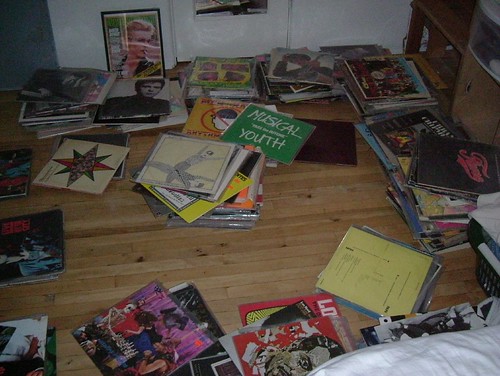Defendant in key RIAA decision destroyed evidence


Photo by Luke Gattuso
Just because you win a brilliant legal battle doesn't mean you'll win the war. Back in April, Judge Neil Wake handed RIAA opponents a key victory, with a seminal decision against the recording association's "making available" theory of distribution. That decision denied the RIAA's motion for summary judgment and it appeared that Howell would win a bench trial since the RIAA presumably couldn't prove unauthorized distribution of copyright material without their theory. Unfortunately the defendant in the case, Jeffrey Howell, stupidly tried to cover his tracks by erasing his hard drive, among other swift moves. The "making available" theory was that merely having files in a Kazaa shared folder --making them available on the Internet -- should be sufficient to establish unauthorized distribution. The Howell decision rejected the theory, holding that the law clearly requires actual distribution. If you're standing on the corner, wearing a stolen watch, and you're willing to sell it if someone asks but you're not actively trying to sell it, are you guilty of fencing stolen goods? No, you actually have to have sold it to someone, or at least tried (for attempted fencing.) Ars Technica reports:
According to the RIAA's brief, Howell destroyed evidence on four separate occasions after first receiving the prelitigation settlement letter and later being served with the lawsuit. The RIAA's forensics experts found that Howell uninstalled KaZaA and deleted everything in the shared folder, reformatted his hard drive, downloaded and used a file-wiping program, and then nuked all the KaZaA logs on his PC. "Defendant's intentional spoliation of computer evidence significantly prejudices Plaintiffs because it puts the most relevant evidence of their claim permanently beyond their reach," argued the RIAA. "The deliberate destruction... by itself, compels the conclusion that such evidence supported Plaintiffs' case."
Howell will have to pay "appropriate sanctions" for his interference with evidence, the judge ruled. Bad facts make bad law, it is said. In this case, Mr. Howell gave us good law. But his bad behavior will means he is saddled with a huge judgment.
It will be little comfort to the RIAA, as Howell couldn't even afford a lawyer to defend himself in his case (he represented himself), so he surely won't be paying any judgments.